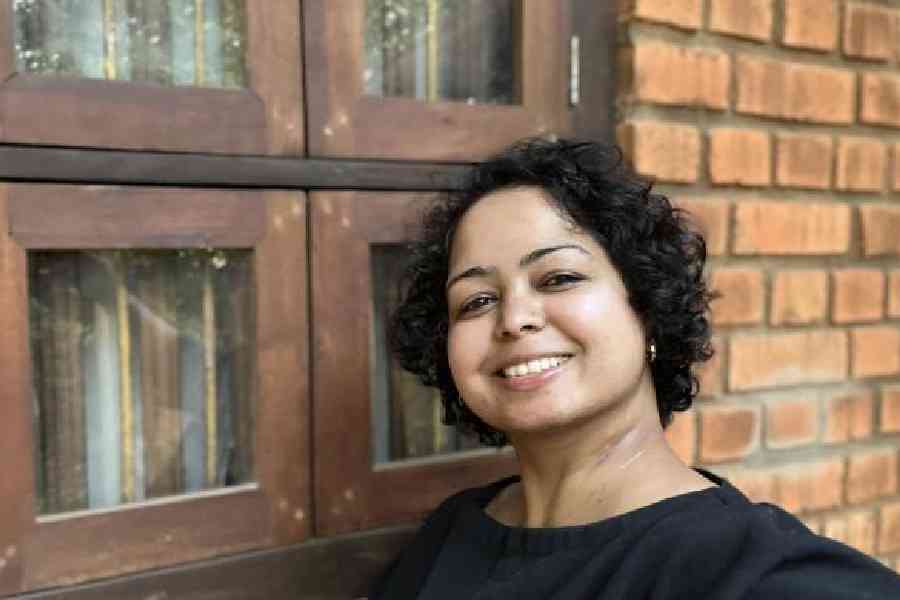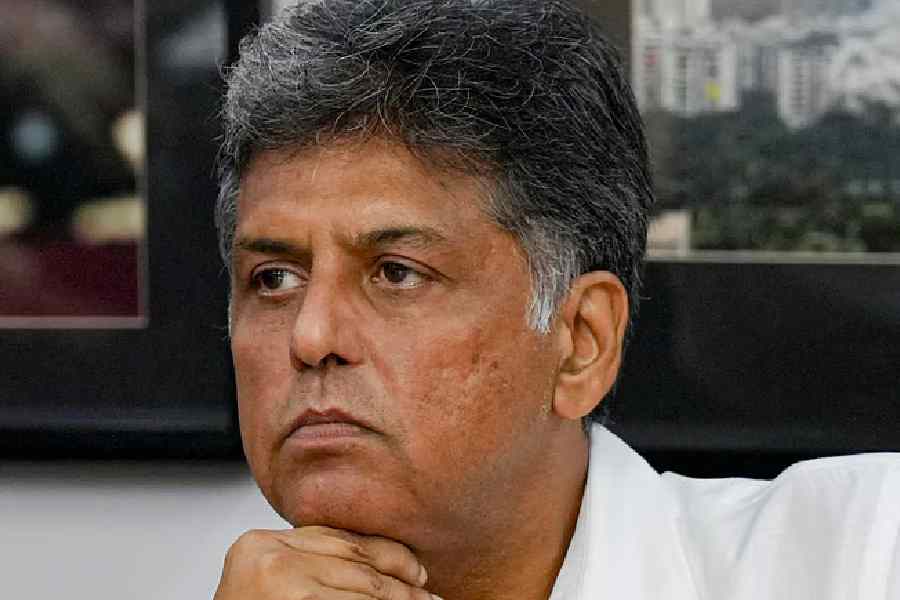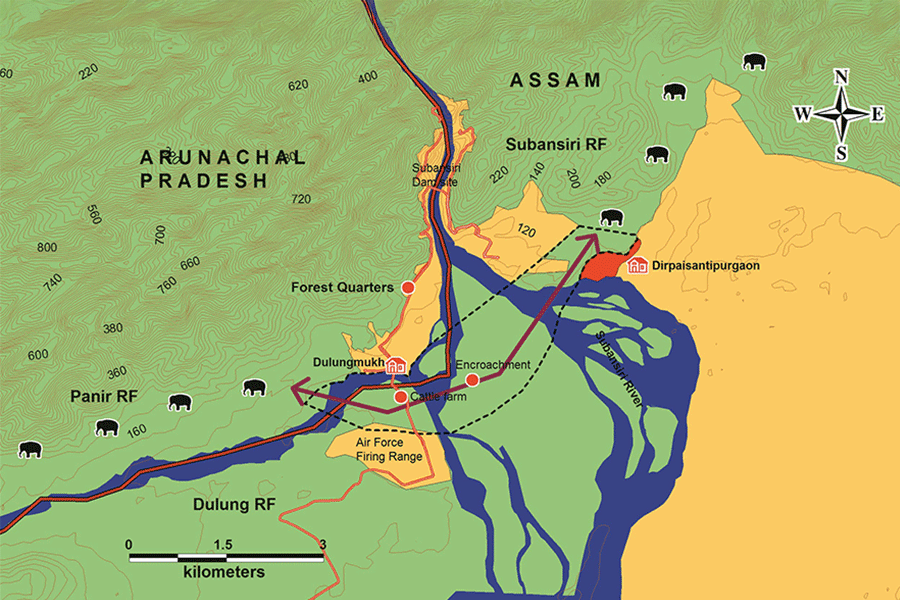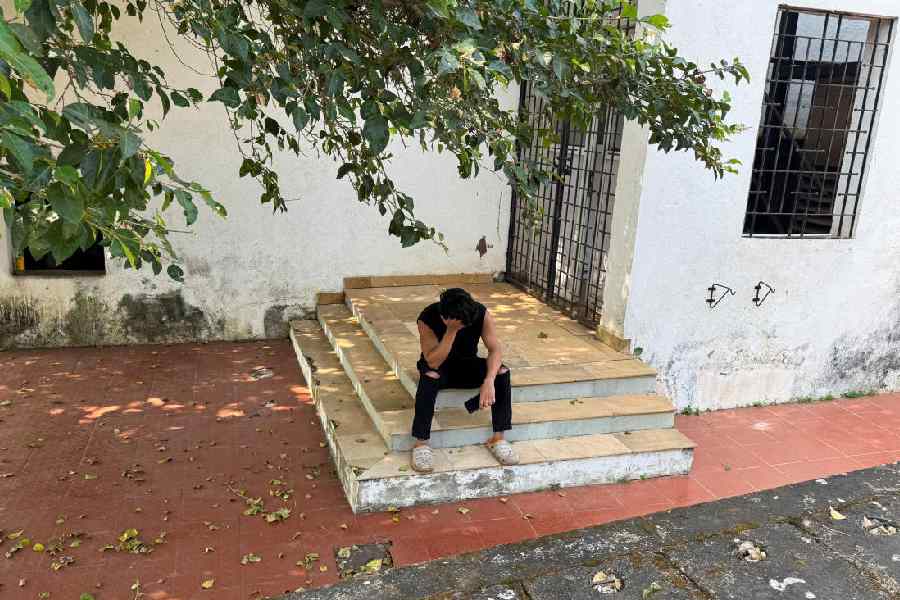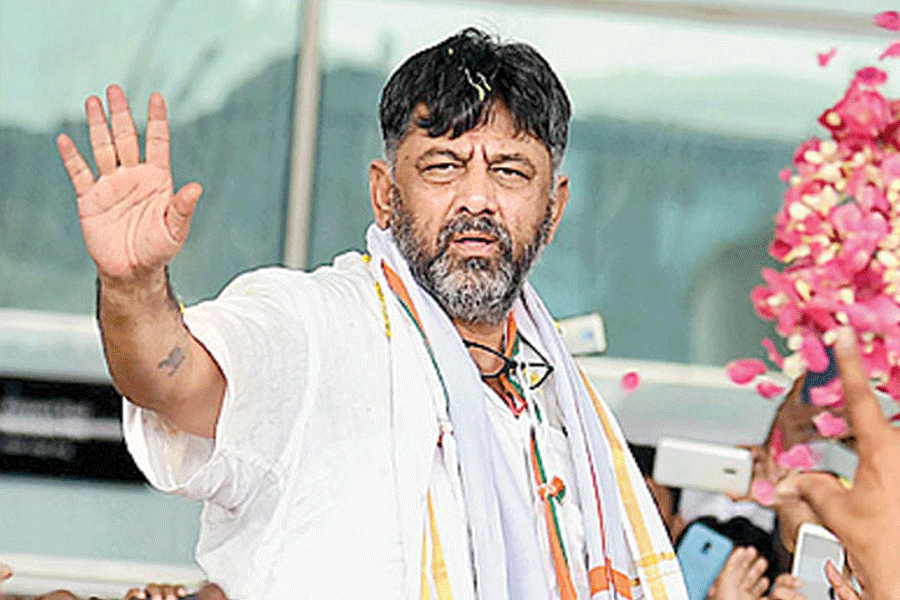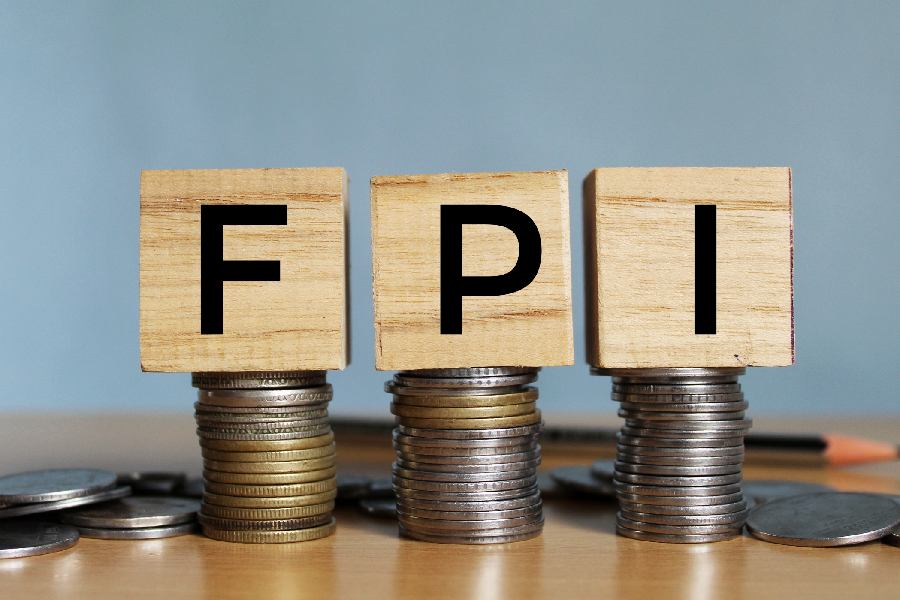Translating Banu Mushtaq’s International Booker Prize shortlisted Heart Lamp was both rewarding and challenging for Deepa Bhasthi. While she loved the subtlety in Mushtaq’s stories, she enjoyed the challenge that her language brought with it. The Kodagu, Karnataka-based literary translator, whose works have been published in national and international media, is excited to be in London for the prize ceremony, scheduled on May 20. Bhasthi, who is already savouring the win of the English PEN Translates Prize, talks about the similarity between Banu and celebrated feminist writer Kodagina Gowramma of the early ’90s, mastering different languages, and why translation is an instinctive process for her. Excerpts.
First of all, congratulations! The International Booker Prize is a big deal. How are you feeling as the date of the final announcement is nearing?
I am excited about being in London. It’s an old familiar city for me. I have a lot of friends there. And obviously, I am excited for the ceremony and for the fact that Kannada literature and, by extension, Indian and South Asian literature, are getting all this attention. So yay for that. In its present format, it will be the first time that Kannada literature has gone to the Booker. In 2013, when it was called the Man Booker Prize, the mandate of the prize was very different as it was given for the entire body of work, and Professor U.R. Ananthamurthy got on the final list.
Banu Mushtaq’s short stories are already getting global attention with the English PEN Translates prize recognising the work, and now it has been shortlisted for the Booker...
It’s very exciting. To begin with, writing is a very isolating job. And to add to that, I think the translation field is even more so because you’re working out of one language and into another. And there are very few of us, compared to, say, even Bangla or Malayalam or Tamil, translating from Kannada to English. So much of instinct goes in, so much of your own reading and experience. You don’t really know what the reader is going to take away from what you have done. So, this is a fantastic validation. It is very encouraging to also know that what you’re doing has somewhere struck a chord. Hopefully, this will encourage more translations from South Asia as well to be read elsewhere in the world.
First, it won the PEN Presence Grant, which was the first time that it started getting attention globally. This is a grant given to a sample from a work in progress, and it is given to the translator. And thereafter it won the English PEN Translates prize in 2024.
You’ve translated classic stories of Kodagina Gowramma, who is a stalwart in the South Indian literary scene but from a different era. And Banu is more contemporary. What were the challenges in translating Banu’s work?
Every book comes with its unique challenges. Kodagina Gowramma wrote her stories in the 1930s, almost a century ago. And Banu’s is far more recent. In terms of the language, it was not very different because it’s fairly standard Kannada, which continues from Gowramma’s times to the kind of Kannada being written these days. I think what was really helpful is that both these sets of stories are about women, and they all are critiques of patriarchy, of religious fanaticism, and so on. So, even though there is almost over half a century between the two, they are not so different because the condition of women has remained pretty much along similar lines throughout the ages. In that sense, tapping into these sentiments was not so difficult. But of course, some of the sentiments in Gowramma’s stories can seem a little outdated now. However, in the way they treat women characters and the way they critique patriarchy, it is as fresh as ever.
We also learned that for Banu, you had to learn a lot of Urdu and refresh your knowledge of the Arabic text. Can you elaborate on that experience?
While her (Banu Mushtaq’s) Kannada is very interesting because it also includes a lot of words very typical to the region she lives in, there was also a lot of Arabic and Dakhani Urdu. These are not languages I’m very familiar with. The biggest challenge with Banu’s stories was to connect to the cultural context of it. Again, not being from the same community as her, I wanted to be a lot more careful about how I might be interpreting some of the things she was saying in her stories. Immersing myself in the culture of the stories that she sets her characters in was very important, which is why I don’t exactly know how it made sense to me. But then, I was listening to a lot of music, watching a lot of TV set in those social contexts and reading a lot of books from that milieu. And I generally love languages. So, this was just a good excuse for me to brush up on these things.
Language learning is very difficult, but I’ve always believed that some people just have a knack for it. I can’t possibly hold a completely fluent conversation in Urdu, but I think I’m better at understanding it. For Arabic, I struggled a lot. I can read Arabic, but I don’t understand too much of it. I read a lot of Arabic literature in translation. So someday the dream is to read Mahmoud Darwish’s poems in the original, which is the reason why I started learning Arabic.
Banu’s stories can overwhelm the readers. What was it about her writing that struck you?
I like how subtle they were, and I greatly appreciate that. They’re not in your face, even when they are talking about the regressive ideas of patriarchy or religion; everything is not black and white. These are the qualities I greatly appreciate, even in the literature that I otherwise read. Also, the universality of the themes that these stories have. Even though they are set in the South Indian Muslim context, they’re still very universal because I think the pressure that women face because of patriarchal dictates or religious fanaticism is not restricted to Muslims or India, or South Asia, even. It’s a universal thing; we all go through these things.
Your initial literary exposure has been Russian literature. How have these influences shaped your writing?
I haven’t thought much about it, but I think it took me a very long time to realise that some of the very first books I read in my life were translated literature. It somehow never came to my mind that all the Tolstoys and Dostoevskys and Pushkins were in translation. It’s just something I probably never thought about as a teenager. Translated literature is the biggest window that we can hope to have in our lives. So I think that early exposure is something that opened my eyes wider. I’m of the firm opinion that everything that we read, experience, listen and watch influences how we also translate our experiences or translate books for that matter. That has somehow probably crept in as well.
What draws you to an author’s work?
I always say that, for me, translation is a very instinctive process. Unless I like the stories, I don’t think I would do a very good job at translating them. Also, because you end up spending weeks and months and, sometimes, years on a book, unless you really like the stories, I don’t think it is a very enjoyable experience to do that. And I like to take my time. I don’t like to finish something in haste. I like to take it slow. And, obviously, the politics of that author is also important. What they think and how I think get into the authors I choose.
Apart from being a translator, you have written poetry, done culture criticism and written many essays. Tell us about your upcoming projects.
I have a bunch of projects on hand. I’m working on some of my writing — some fiction and some... possibly a collection of essays. I’m not sure how it will shape up. My full-time job is as a writer, and I write cultural criticism, essays, analysis, columns, that sort of thing. I write on visual art as well, once in a while. I don’t publish very much in India, mostly for US and UK magazines and websites that I write for. But yeah, that’s my day job. Also, I have another novel that I haven’t started yet, which will be my next translation project.

